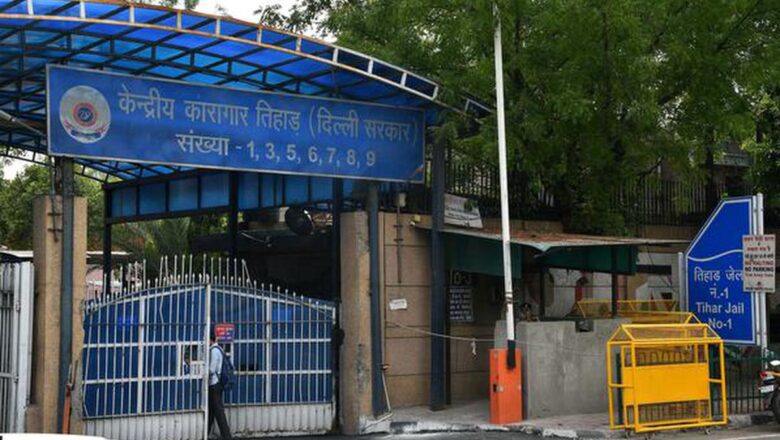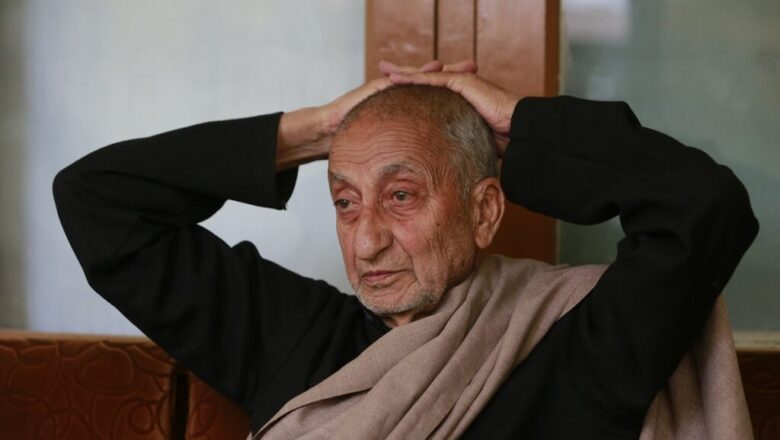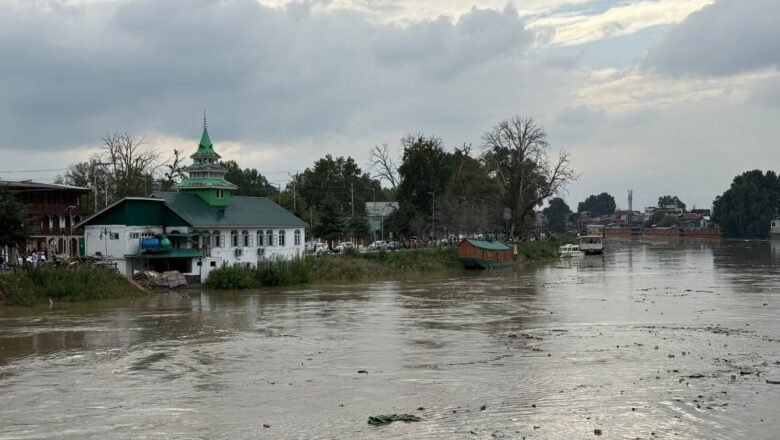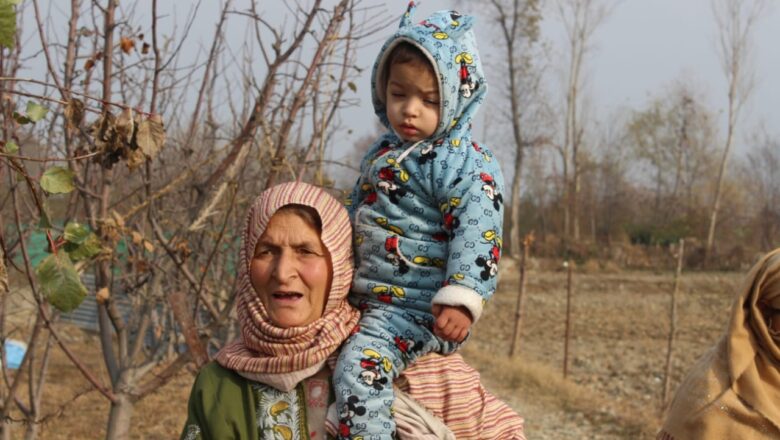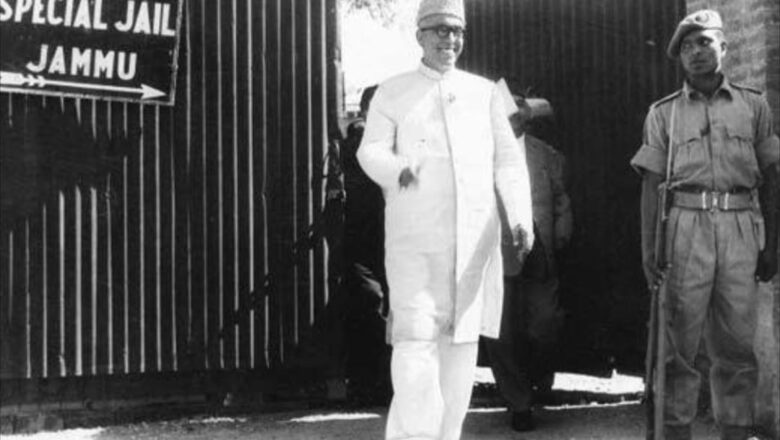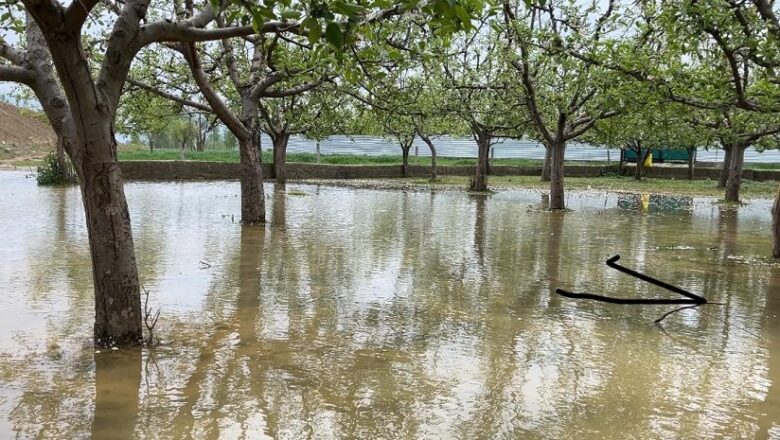
Two deluges, one neglected: Kashmir’s struggle in the shadow of Punjab
Prerna Bhat
As the relentless monsoon of September 2025 finally begins to recede, satellite images paint a stark picture of north India. Vast swathes of land, once vibrant with the green of impending harvest, now lie as a monochrome canvas of brown and grey. Rivers that for centuries sustained these fertile plains have turned into instruments of destruction, their swollen currents rewriting landscapes and destinies with unforgiving force.
The national conversation, primetime debates, trending hashtags, and appeals for aid, has rightly centered on Punjab, where highways have become canals, tractors are submerged, and farmers, the backbone of the nation’s food security, watch helplessly as a year’s labour and a lifetime of hope vanish underwater. Aid convoys have been flagged off from capi...

